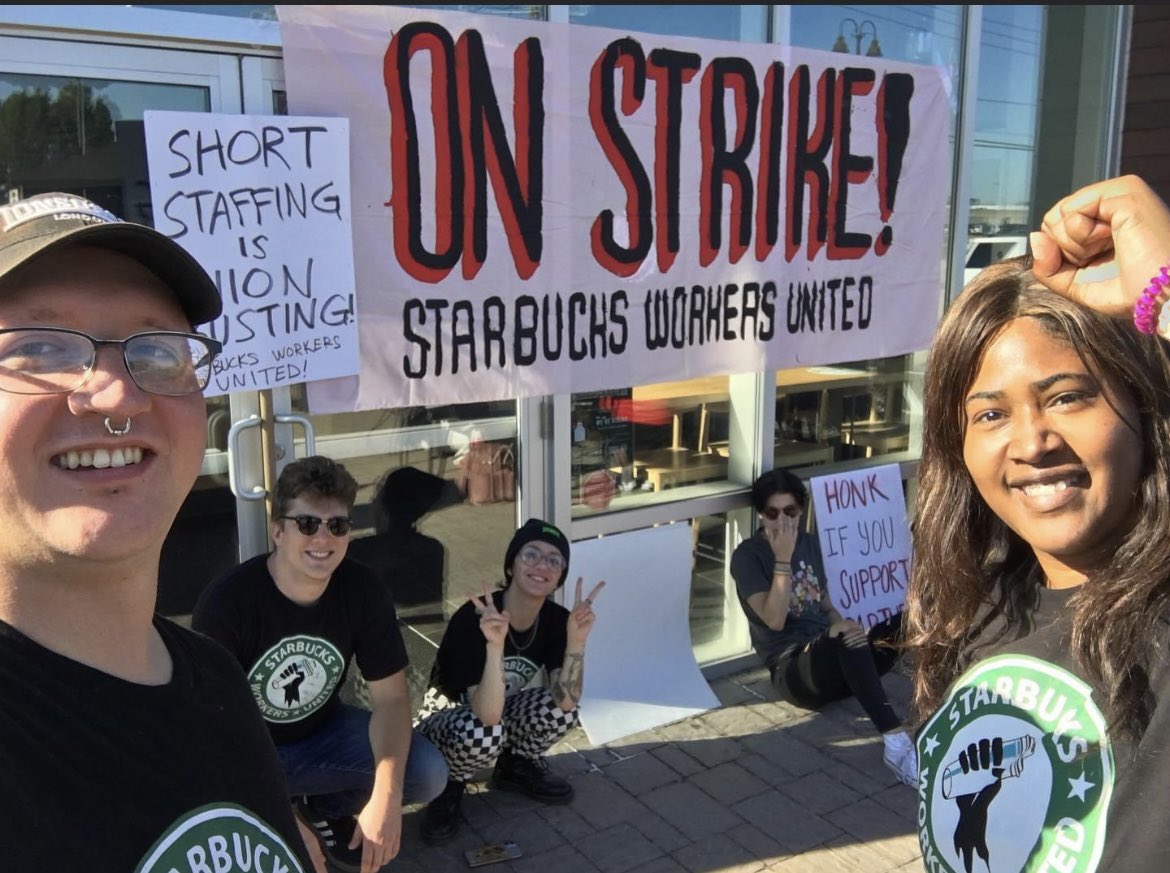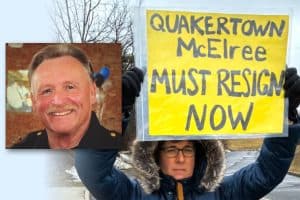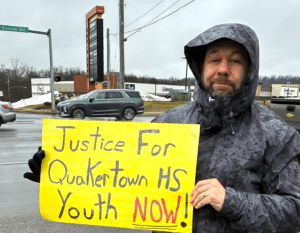Written by Marcy Goldstein-Gelb and Jessica E. Martinez
This Labor Day, we’re thinking about the people who make our picnics possible. People like Marielena, who works in a poultry plant in North Carolina. More than two years into the COVID-19 pandemic, the workers “do not have sufficient time to even disinfect our hands,” says Marielena.
That’s just one of the preventable hazards faced by workers processing the meats we’ll be sizzling on our grills this weekend. Several of her co-workers, Marielena reports, “hurt themselves lifting because the floors were wet. There were chemicals; they have cuts and the velocity [of the line] is so fast [but] the supervisor comes and yells at us to move faster.”
Marielena tells her story at WorkedUp, a new platform hosted by the National Council for Occupational Safety and Health, where we are co-executive directors. WorkedUp highlights testimony from workers standing up for better work conditions. But she prefers not to use her real name due to the very real threat of employer retaliation.
READ: What Can Unions Do Now To Defend Abortion Rights?
Joining together to make things better, from a bake sale to a barn-raising, is a longstanding and heartwarming American tradition. But when workers get together, watch out: Employers routinely violate federal law, reports the Economic Policy Institute, by harassing or firing workers involved in union organizing campaigns.
That’s what happened to Alyssa Sanchez, a Starbucks barista in Phoenix, Ariz., who was fired after she helped organize her workplace. “They’re just trying to get rid of all the people who want to unionize,” Sanchez says, adding that “we just want to make work a better place.”
Employers like Starbucks have used illegal discipline measures, firings and even store closingsfor decades to dissuade workers from organizing. But this bullying behavior doesn’t work so well when workers are fed up with crappy jobs that put them at risk but don’t pay the rent. Starbucks workers have won more than 200 union elections nationwide while losing only a handful.
We’re inspired by Starbucks workers and those at Apple, Amazon, Trader Joe’s, REI and other corporate retail giants who are transforming the U.S. labor movement. As safety advocates, we know how important a union can be. More unionized workers results in fewer traumatic injuries and fewer deaths in high-risk industries like mining and construction.
Right now, however, only 6 percent of private-sector workers in the United States have union representation. Let’s say the current surge in organizing is successful and unions recruit twice as many members as they have now. That would still leave 88 percent of private sector workers—more than 97 million people—without the protections that go along with a union contract.
Union or non-union, all workers deserve fair pay and decent working conditions. That’s why we need public protections that apply to all workers, like the safety standards on extreme heat now in effect in California, Oregon, Washington and Minnesota. Local committees on occupational safety and health, known as COSH groups, are crucial to winning these policy victories.
Our organization provides training and resources to win safety improvements for all workers, regardless of union status. Nonprofit worker centers, which provide legal and advocacy support, are also an important resource, especially for immigrant and undocumented workers who are uniquely vulnerable to employer retaliation.
You can also make a difference as a citizen and as a consumer. You can sign a pledge at tinyurl.com/nocontractnocoffee to support Starbucks workers, or one at WorkedUp.us to support workers at Refresco, a bottling company in New Jersey where workers won two union elections and are now fighting for their first contract.
Business groups are never shy about contacting elected officials, and this is a time for all of us regular folks to be bold as well. Signing a petition, joining a rally or sending a tweet are small acts that, if done collectively, can make a big change.
We learned during the pandemic just how much all of us rely on frontline workers. It’s great to honor them on Labor Day — and even better to join their campaigns for fair pay and safer working conditions all year long.
This column was produced by Progressive Perspectives, which is run by The Progressive magazine and distributed by Tribune News Service.
Marcy Goldstein-Gelb is a co-executive director of the National Council for Occupational Safety and Health (National COSH). Jessica E. Martinez is a co-executive director of the National Council for Occupational Safety and Health (National COSH).






